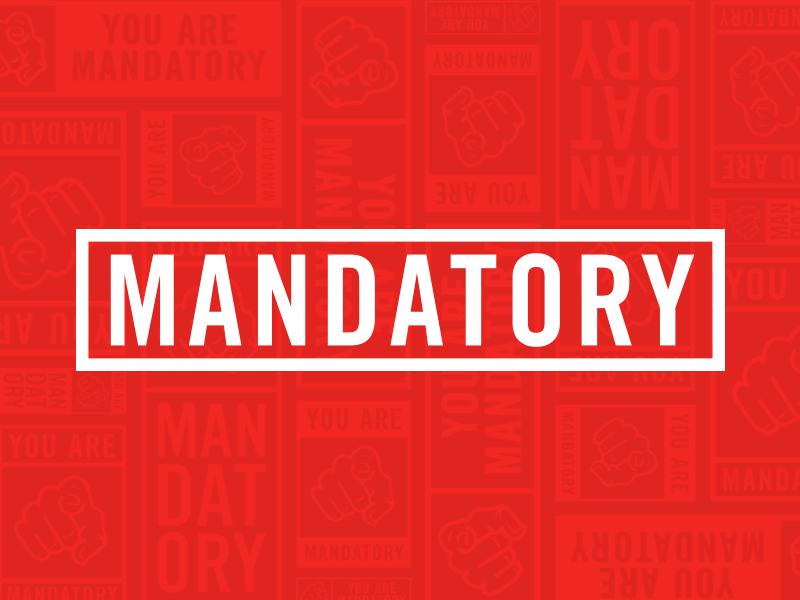
Conan O’Brien is now firmly established with his 11pm talk show, “Conan” on TBS. After all the of hubbub about NBC, cable, 11pm and 11:30pm, it doesn’t much matter to O’Brien anymore.
Standing by the pool of the Beverly Hilton Hotel, O’Brien spoke with the Television Critics Association about the new late night, where O’Brien has dominated the online clip shareability factor. He has also been hosting “Carson on TCM,” where he provides commentary on Johnny Carson interviews from “The Tonight Show.” By the end of the interview, O’Brien introduced me to his assistant Sona, of whom I became a big fan in the documentary Conan O’Brien Can’t Stop.
CraveOnline: What changes are coming to your show?
Conan O’Brien: We’re going to get me some testosterone. That’s what I need. It’s falling rapidly. I’m the first real woman in late night. Think about it. It’s not Chelsea Handler.
Are you doing any more “Carson on TCM?”
I think we did five and all and then it wraps up, then we’ll see. It’s a dream gig for me because I sit and watch the interviews. I’m just there to give perspective. TCM gives me some really good, they have a guy who’s providing really good background on what’s going on in that year with that celebrity. I get to watch it from [the perspective of]: okay, now I’m watching Johnny Carson again for the first time in a long time. We’ve all seen the clips, but to see almost a full length interview and see how he’s working the interview, what he’s doing.
Like the interview where they talk about their pajamas?
Wasn’t that fun? You can tell Ed’s giving him a hard time, so he’s like, “All right, I’ll get you back.” He gives Ed a hard time and Ed comes right back at him. It’s just fun to watch.
What makes those shows hold up today?
Well, because the good stuff is timeless. There are specific jokes you could tell. You could watch a monologue and maybe not understand. You appreciate the rhythm of it, but when a bunch of people are sitting around and they’re talking about life, people are being organically funny, when it’s good, it’s still good. It’s good 50 years from now.
What do you learn from watching those?
Just that people talk about these shows morphing. The biggest thing I learn is culture has sped up a lot. The pacing has sped up a great deal, but nothing replaces listening and being present in the moment, locking eyes with people, being present and engaging them and really being the host, really making it about them. Bells and whistles may come and go, but doing that well trumps everything.
That was actually the nice message I took away from it. I spent days watching all these interviews, and you come back, it’s like, “Okay, I just took a master class.” It’s always good to go back. I’ve been doing this 20 years now but you still need to go back and watch the greatest guy do it, and you can still learn more. You can always learn more. I really believe since I first started watching them, I’ll sometimes say, “Okay, I haven’t found it yet during this interview, but stay in it. Stay in it. Stay in it.” And you find a great moment. Don’t get ahead of yourself. Don’t push, because the pacing is so different.
Do audiences expect something different of you today than they expected of Carson back in the day?
I think that the culture’s faster and louder. It keeps getting faster and louder, the pacing. I see it with kids cartoons. The cartoons I watched and the entertainment I watched as a kid, now I have two kids and I watch some of their cartoons and the pacing is so frenetic.
If you watch a lot of television, the pacing, the quick cutting is so frenetic but it doesn’t always make it funnier. What I’m noticing is that when things are allowed to unspool more slowly, younger crowds really like it. They really appreciate it. They will appreciate that pace. They’re just not used to it. So I think there’s a pressure on all the shows now, just comedians in general, it’s a little more compressed. Sometimes you can feel like people expect more, but after watching those interviews I thought you can also slow it down. Don’t be afraid to slow it down.
In the Burt Reynolds interview, they’re listening so intently to each other.
Right, also it’s fun to watch because we know the story now. So we know that when that interview happens with Burt Reynolds, it’s 1973. We know that he’s a month away from Deliverance coming out and he’s two years away from Smokey and the Bandit and becoming the biggest movie star in Hollywood. You can see this guy’s fantastic, but it hasn’t happened yet. We get to know that so you watch the interview now in a different way. You get to watch the interview.
I like the Ronald Reagan interview because Johnny Carson’s interviewing Ronald Reagan, we’re a month after Ronald Reagan has finished his governorship and he’s just talking and you know that he doesn’t get the nomination in ’76. You know he comes back in ’80 and you know how the whole thing lays out. We know that now but you’re watching Reagan and I don’t care if you’re a Democrat or Republican. I don’t know if you’re John Birch Society or an insane liberal, you watch that and you think, “Man, that guy’s good.” Reagan is just so good. He’s funny, but he’s not pushy, he tells great stories, he’s very comfortable with Johnny. You know politicians today when they’re trying real hard, “And now I’m going to be funny.” You’re just watching Reagan and you’re like, “Man, that guy was good.” This was four years before he actually becomes president.







